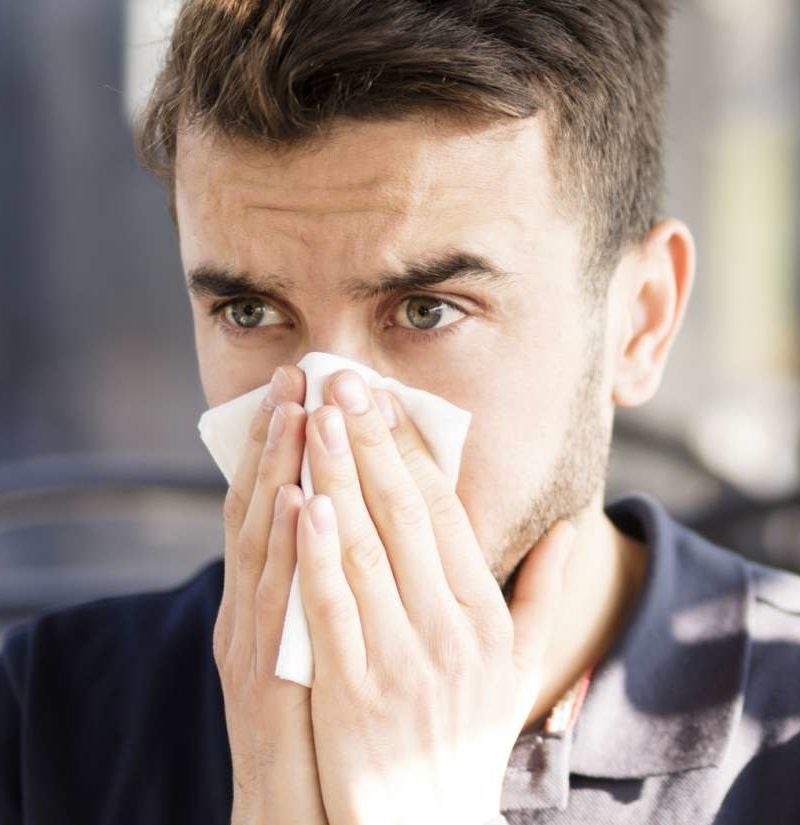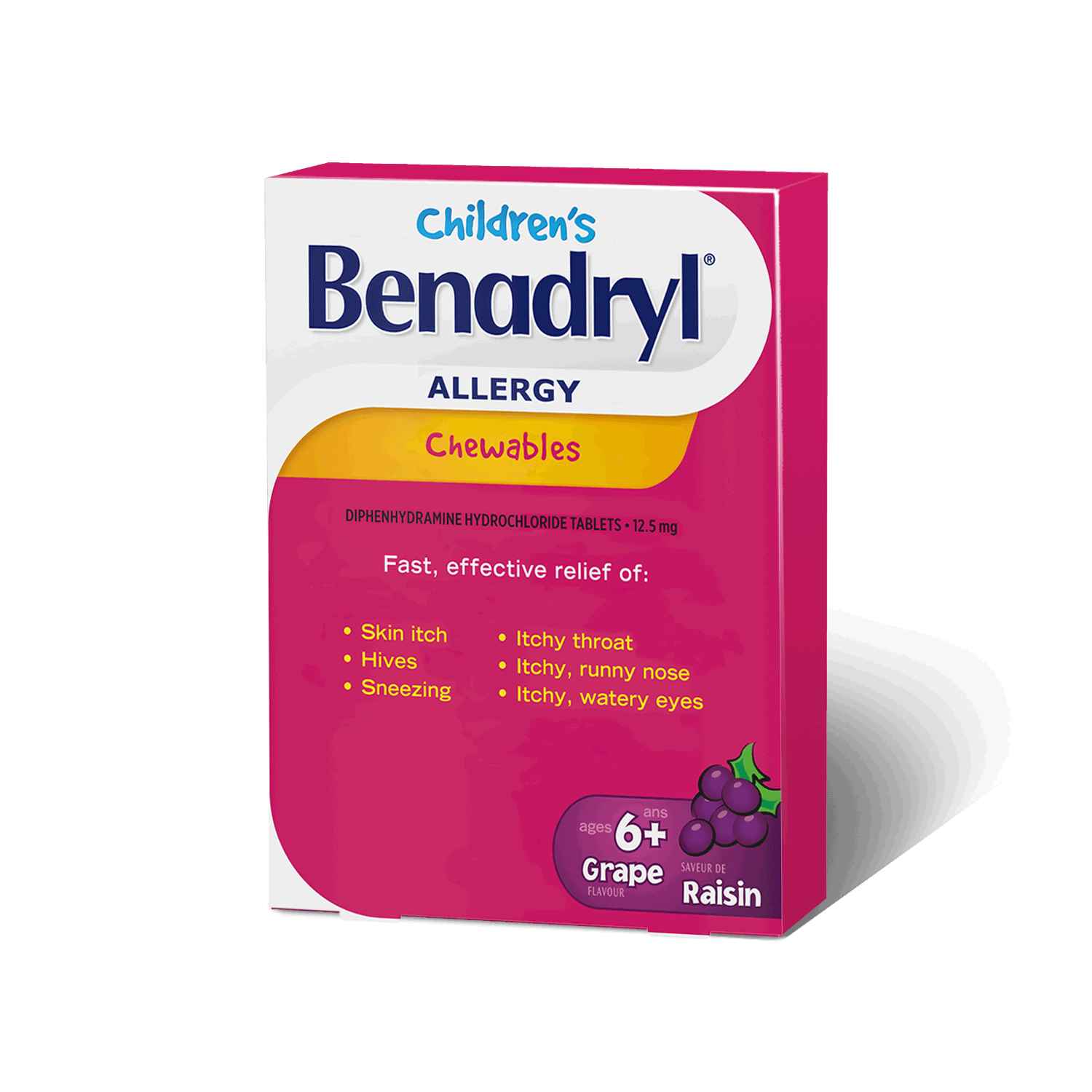Table of Content
Astragalus contains antiviral and antioxidant properties which can boost your immune system. Furthermore, it also contains anti-inflammatory and antibacterial properties that make it become one of other natural home remedies for runny nose. Sage is one of other effective home remedies for runny nose you should try! In addition, sage is a good herb for a lot of medical conditions thanks to its anti-inflammatory and antibacterial properties.
Over-the-Counter cough and cold medicines can cause side effects. The risks of using these medicines outweigh any benefits. The Food and Drug Administration recommends these medicines never be used in young children. After age 6, the medicines are safe to use, if you follow the package instructions. But, it's easy to treat coughs and colds without these medicines. Astragalus root is used to cure and prevent cold and flu in traditional Chinese medicine.
Honey
Humidifiers work by transforming water into vapor to moisten otherwise dry air. When you breathe in moisture, it helps to thin and dislodge mucus and soothe irritated sinuses. According to a 2019 study, inhaling warm steam from a humidifier significantly improves mucus buildup caused by allergic rhinitis. This article explores home remedies you can use to help ease the symptoms of a runny nose. These are some easy ways of stopping running nose in babies.

First of all, you add the ginger powder in hot water and you bring them to a boil. It is crucial to keep your baby correctly hydrated to promote drain of nasal secretions and calming of the nasal cavities. This makes it much easier to cough and blow the nose. Honey is another efficient solution for a runny nose in a child who is 2 years of age or older. For children, honey must not be utilized as it may trigger a bacteria that causes botulism. You can also take 4 to 5 cloves of garlic, do not peel off, cover them with banknote and grill over a fire.
Treatment is Not Always Needed:
This pressure point will help to alleviate sinus congestion as well as headaches. Keep your child’s space conveniently warm and dress him or her lightly. Do not provide fatty or hard-to-digest foods to your child. Never leave water sitting in the humidifier when it is not running. Also, ensure to clean and disinfect the reservoir tank of the humidifier regularly to avoid bacteria from taking hold.

Breastfeeding is still recommended for infants with common colds. If it is difficult for your baby to feed at the breast, expressing breastmilk into a cup or bottle may be an option. Is that strongly scented stuff from your own childhood a good idea? While it’s not exactly a “home remedy,” the over-the-counter ointment is still quite popular as a topical option. However, if your child is already feeling chilled, skip the sponging.
Facial steam
Nasal irrigation using a saline solution and a neti pot can help clear your nasal cavity and sinuses of the excess mucus. A runny nose caused by allergies may be accompanied by itchy, watery eyes and sneezing. A runny nose, stuffy nose, or congested nose are often seen together. When the tissues lining the nose become swollen, it causes congestion, making it hard to breathe.

Most of the treatments that can be applied at home are the temporary solutions and good for mild cases. A pilot, open labelled, randomised controlled trial of hypertonic saline nasal irrigation and gargling for the common cold. Applying a warm compress or washcloth to your forehead and nose several times per day may help improve your runny nose and soothe sinus pressure. Neti pots are small teapot-like containers with a spout.
Guava Juice: Uses, Benefits, S...
In case that there is too much mucus and your child cannot blow them all out, rinse the nose with saline water. Ayurveda describes the causes of sneezing during the spring season as an accumulation of Kapha dosha, made of earth and water elements. This causes a heavy feeling in the nose and increases mucus in the head and sinuses.
For example, if you are allergic to ragweed, stay inside on days when ragweed pollen counts are high. Instead of opening your windows, use a fan or air conditioner to cool your home. Several studies have found that capsaicin is more effective at treating runny noses than the OTC medication budesonide. Hot spices like cayenne pepper, ghost pepper, habanero, wasabi, horseradish, or ginger are great options.
If you want to know more about natural, at home remedies for other diseases and conditions go to our main Home Remediespage. However, the article is only for the informational purpose, thus, you should meet your doctor to get advice before applying any at home remedy. If you have any question, or you know other natural at home remedies for runny nose, please leave them below. Salt water in a saline spray form is recommended by doctors in order to help you expel the mucus out of your nose easily. It loosens the mucus and helps it to come out quickly so that you can remove all the irritants.

If your baby still breastfeeds, breastfeeding is a great option. You can likewise provide them baby formula or plain milk. A sponge bath will also help relax your child and make them sleep nicer, which is important for faster recovery. It also minimizes sneezing due to its outstanding antihistamine properties.
When you inhale steam, this will help to loosen up the mucus in your nose so that you can blow your nose easily. Mix 1 to 2 teaspoons of raw honey in a glass of warm water. Cough, stuffy nose, flu, and runny nose are mild and common diseases. However, many people hate taking drugs, especially the children, so they often let the body to heal itself. Jaiphal mixed with milk is a great home remedy for curing running nose.

First of all, you mix turmeric powder with linseed oil to make a fine mixture. Always clean your child’s nose using a soft tissue to prevent skin irritation. Make your child blow his or her nose at routine intervals to obtain rid of the excess mucus. You should utilize a cool-mist humidifier in your child’s bedroom to include wetness to the air.

No comments:
Post a Comment